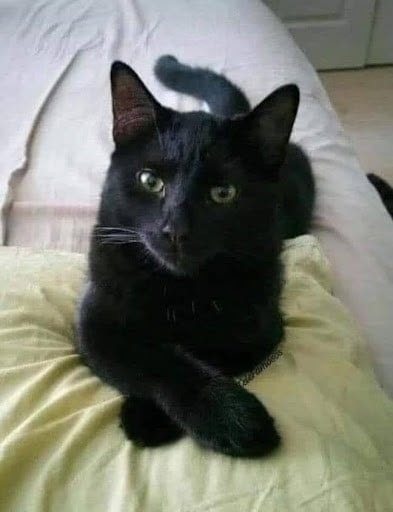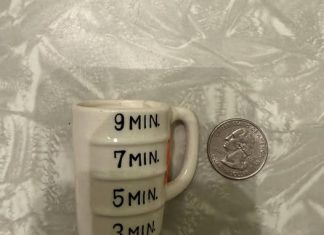The Intriguing Symbolism of Black Cats
Throughout history, black cats have captivated human imagination, intertwined with a tapestry of myths, legends, and cultural beliefs. Their presence, often met with awe or trepidation, sparks curiosity and invites interpretation. In various cultures, the appearance of a black cat is not merely a coincidence but a profound omen that can signal different meanings depending on geographical and cultural contexts. From harbingers of misfortune to symbols of prosperity, black cats hold a significant place in the realm of folklore. Understanding the duality of their symbolism enriches our appreciation for these fascinating creatures and highlights how perceptions can shift dramatically over time.
Historical Perspectives on Black Cats
In medieval Europe, a time steeped in superstition and fear of the unknown, black cats were often vilified. They became the subjects of witch trials, where they were unjustly associated with witchcraft and dark forces. The belief that a black cat crossing one’s path would bring bad luck was widespread, leading to their persecution. Tragically, these animals suffered immensely, as their connection to supposed malignancy overshadowed their innocent nature. For example, during the infamous witch hunts in the 15th to 18th centuries, thousands of cats, particularly black ones, were killed alongside their supposed witch owners. This horrific chapter in history illustrates how easily fear can lead to violence against those perceived as different.
The Flip Side: Celebrations of Black Cats
Interestingly, in stark contrast to the European narrative, several cultures celebrate black cats as symbols of good fortune. In Japan, for example, black cats are revered as protectors that bring wealth and happiness. The famous “Maneki-neko” or beckoning cat figurine, often depicted in black, is believed to attract prosperity.
Similarly, in parts of the United Kingdom, a black cat crossing one’s path is seen as a positive sign, heralding good luck and fortune. In Scottish folklore, a black cat arriving at a home signifies prosperity and abundance.
These contrasting views on black cats reveal how deeply cultural contexts influence perceptions and beliefs surrounding these animals.
The Science Behind Feline Behavior
While cultural interpretations of black cats are rich and varied, it’s essential to consider the more mundane realities of animal behavior. Experts suggest that cats, irrespective of their color, are drawn to individuals who exhibit calmness or carry food.
Their approach might be less about omens and more about their natural curiosity or a desire for companionship. For instance, studies have shown that cats display preferences for certain types of humans based on their behavior—calm and gentle individuals are more likely to attract feline friends.
This insight adds another layer of complexity to the age-old question of whether black cats symbolize luck or misfortune, suggesting that their behaviors might simply be instinctual rather than superstitious.
Modern Interpretations and Cultural Reflections
In contemporary society, the perception of black cats is gradually shifting. Many people are beginning to challenge traditional superstitions and recognize these animals for their unique beauty and charm. Social media platforms have played a crucial role in reshaping attitudes towards them.
Countless viral stories and memes celebrate the quirks and personalities of black cats, emphasizing their role as beloved pets rather than omens of doom.
For example, initiatives like “National Black Cat Day” aim to raise awareness about the plight of black cats in shelters, as they often face lower adoption rates compared to cats of other colors.
These movements not only advocate for their adoption but also promote a more positive narrative around black cats, helping to dispel centuries-old myths.
Embracing the Mystery
As we navigate through the rich tapestry of cultural beliefs and scientific understanding, the mystery of the black cat remains compelling. Whether you view their appearance as a harbinger of caution or a sign of unanticipated luck, the allure of these enigmatic creatures is undeniable.
They serve as a reminder that our interpretations of the world are often colored by both historical contexts and personal experiences. For instance, many people who grew up with black cats often share heartwarming stories that directly contradict the superstitions associated with them, showcasing their gentle nature and loving companionship.
So, the next time a black cat crosses your path, take a moment to reflect on the layers of meaning they embody. Is it a call to pay attention, or perhaps an invitation to embrace the unexpected?
The Future of Black Cats in Society
Looking forward, the future of black cats in society seems promising as we move towards a more enlightened understanding of these animals.
As animal welfare organizations continue to advocate for the adoption of black cats and educate the public about their value, we may witness a decline in the negative stereotypes that have persisted for centuries.
Furthermore, with the rise of pet influencers on social media, black cats are increasingly gaining visibility and appreciation for their unique personalities. Famed social media accounts dedicated to black cats showcase their playful antics and affectionate behaviors, helping to shift public perception from fear to fondness.
As we embrace a more inclusive view of our feline companions, we can hope for a future where black cats are celebrated rather than feared.

















